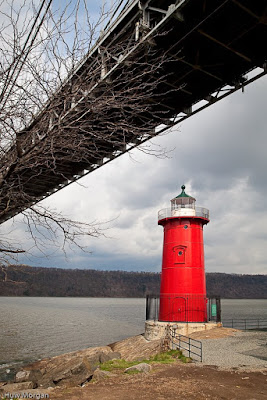Many people have written about whether it's the camera equipment that matters or the photographer. Here are two articles on the subject:
Your Camera Doesn't Matter by Ken Rockwell and
Your Camera Does Matter by Michael Reichmann. I'm somewhat conflicted on the subject. Clearly, having a camera is important. You can't take pictures without one. But, how good does the camera really have to be and how technically proficient does the photographer have to be? These are very different questions.
What got me thinking about this was an
article by Mark Dubovoy on the Alpa medium format camera. Embedded in the article is a
picture of Full Moon Dome in Zion National Park. Mark's quote on this photo (not apparent in the jpeg) is "
the quality of the file is simply stunning" While the quality of the file might be simply stunning, I find that the quality of this particular composition is simply boring. I don't want to dump on Mark - he is capable of outstanding
work. I'm just making the point that a preoccupation with image quality can cause an artist to lose focus on the artistic side of photography. What's important is not the resolving power of the lens, but the image that it captures.
For example, Galen Rowell used a 35mm camera exclusively. He did this because he often hiked miles to get a photograph and didn't want to be encumbered with a large camera or even a tripod. Yet, he took
stunning images that can be blown up into very large prints.
I'm always amazed at the number of magazine articles and web posts that are devoted to camera announcements and reviews and how little press is devoted to the artistic side of photography. My contention is that you quickly run into the law of diminishing returns once you've acquired a camera of good quality. These days, good quality probably means a Canon Rebel or a Nikon D70. Anything else is probably overkill and will give you a hernia or slipped disk.
Technical proficiency is also a focus of many workshops, tutorials and classes. I find that a bit of a red herring as well. Photographers tend to come at their passion from one of two ends. On one side, we have artists who gravitate to photography because they love the medium. On the other side, you have technologists who start with the love of the gizmos and then gravitate to the artistic side once they realize that money can't buy you good images (unless you buy someone else's). My intuition would be that artists learn only enough technology to get the job done and then stop because they are passionate about the art and want to spend all their time creating images. Technologists are at a disadvantage because they are insatiably curious about the technology and spend too much time fiddling with new cameras and software and not enough time practising the craft of producing good images. I know because I'm a geek and love all that stuff.
The moral of the story? Find a good camera system that works for you and stop reading equipment reviews. Spend all your time taking photos and printing them out. Nurture your talent, find your voice.


